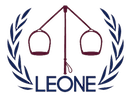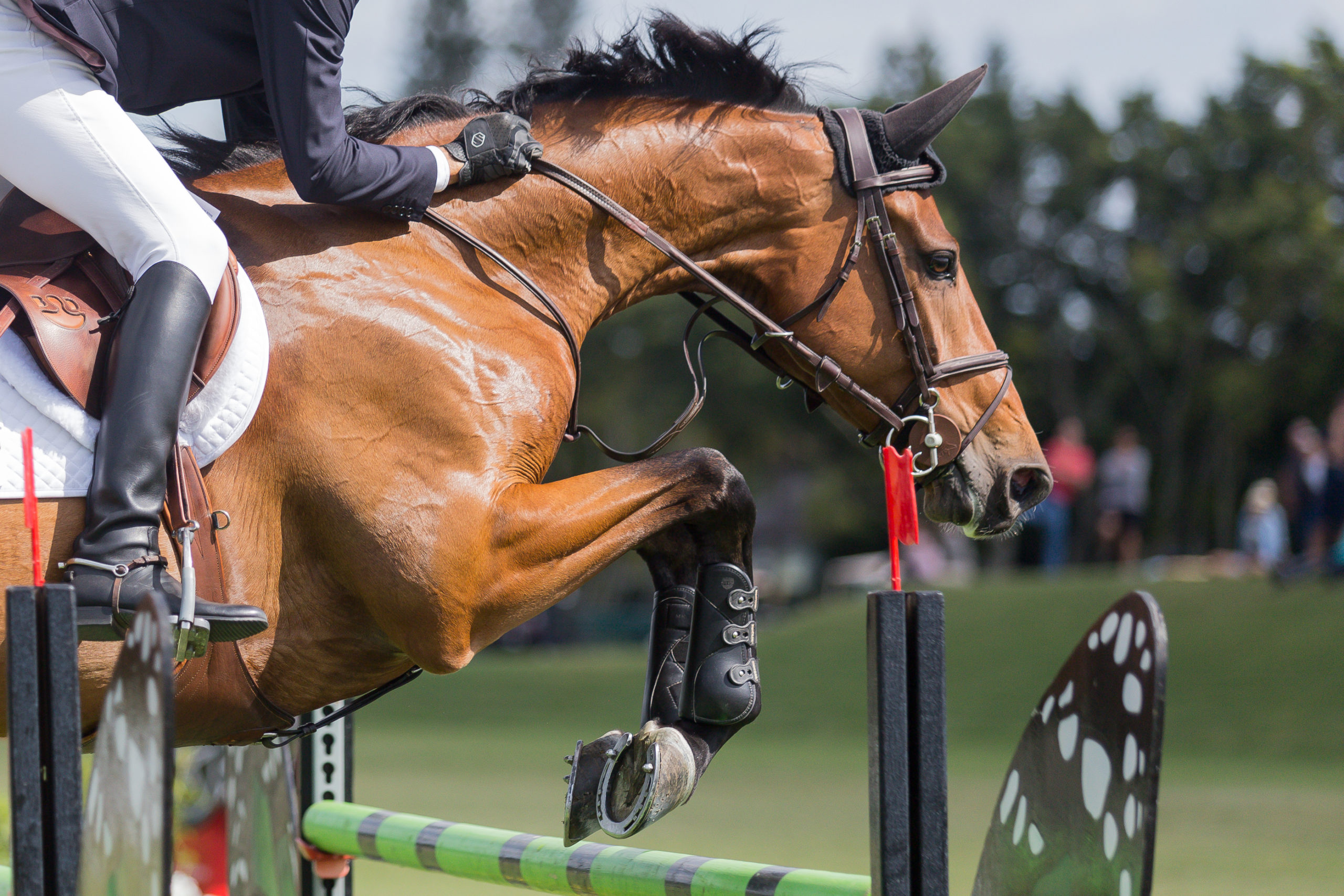In the horse community in the U.S., judicial courts exist to address criminal matters such as horse abuse and insurance fraud, while civil courts address other types of fraud as well as things like contract breaches and misrepresentation.
However, in the U.S. and internationally, when a dispute arises about an equestrian athlete’s ability to compete on a national team or to be a member of an organization, such as US Equestrian (USEF) or the International Equestrian Federation (FEI), litigation in a court of law is not well-suited for solving violations of equestrian competition and team selection rules. Instead, the right to compete is protected by the right to a hearing before the USEF Hearing Committee or FEI Tribunal, where the athlete, owner, or official has an opportunity to contest charges of rule violations and present evidence in his or her favor and a defense to a panel of experienced horse people in an arbitration setting. The right to compete can be suspended if federation rules are violated. Violations that can affect a member’s right to compete are drug violations, failure to pay competition fees, horse abuse, and violating rules for fair competition. If a decision is unfavorable to the athlete or member, there is an opportunity to appeal it to the American Arbitration Association (AAA) or to the Court of Arbitration for Sports (CAS), respectively.
The ability to compete as an equestrian athlete in the U.S. is a very valuable right. For many people in the equestrian community, competing is their livelihood. When an equestrian is charged with an alleged wrongdoing by their member organization, this right is put in jeopardy as suspensions and fines may be handed down. What’s more, these allegations and disputes can lead to reputational damage and ostracism. So, for equestrian athletes, it’s important to understand how this arbitration system works and the Olympic Movement’s role in it. Let’s start by looking how the Olympic Movement is structured, and why courts are not suited to resolve these disputes.
The global Olympic Movement is supported by 40 international federations (such as the FEI) that govern various sports on a global level and 206 National Olympic Committees (such as the United States Olympic & Paralympic Committee, or “USOPC”), which oversee Olympic sport as a whole in each nation. International sport organizations cross many jurisdictions and countries.
In the U.S., the USOPC charters a National Governing Body (NGB), which is a sports member organization that promotes and manages the sport; fields, trains, and sends teams to Olympic Games and World Championships; establishes the rules for its U.S. Olympic team; and enforces rules and maintains integrity of the sport. For equestrian sport in the U.S., the NGB is USEF.
When a dispute arises against a member of the USEF or FEI over the association’s rules, for example, courts are generally ineffective in reaching a resolution due to lack of jurisdiction over the foreign individuals and organizations that organize the international sport. Courts also lack the knowledge of equestrian sport that is essential to understanding the issues. Most importantly, many issues about the right to compete require rapid resolution before a competition deadline, and courts are not designed to address these situations.
Sports disputes are resolved by arbitration with limited ability to overturn a decision of the member organization or association. The case, Reynolds v. Int. Amateur Athletic Federation, 112 U.S.2512 demonstrated the inability of U.S. courts to resolve right-to-compete disputes in international competition. The Reynolds case ended in a standoff between the U.S. Court and the International Association of International Amateur Athletic Association (IAAF). As a result, the IOC developed CAS to avoid future litigation stalemates in courts and to resolve right-to-compete issues. The AAA in the U.S. and the CAS in Switzerland hear appeals of decisions and the parties present their case for a rehearing. After the appeal has been decided, the ability to challenge the arbitral decision in the courts is limited.
In the Reynolds case, the U.S. sprinter and Olympic gold and silver medalist Butch Reynolds was tested for illegal performance-enhancing drugs following a race in Monte Carlo, Monaco. Two samples were taken, and both tested positive for containing trace amounts of a steroid banned by international track regulations created by the IAAF. At the time, IAAF was the international association made up of track and field organizations for 205 nations and territories, including The Athletics Congress of the United States, Inc. (TAC), the U.S. NGB for track and field. As a result, the IAAF suspended Reynolds from all international meets for two years, banishing his hopes of competing in the 1991 Olympic Games in Barcelona, Spain.
Reynolds filed a suit in his home state of Ohio stating that the test was given negligently and provided a flawed result. The Southern District of Ohio dismissed one claim and noted that Reynolds hadn’t exhausted his internal remedies as required by the Amateur Sports Act, 36 U.S.C. § 371-396 (1988) and TAC. His case was dismissed until administrative remedies were exhausted. Once Reynolds went through the internal process, he was still suspended, and refiled with the court. The IAAF refused to subject itself to the jurisdiction of the U.S. courts. Reynolds succeeded in having the U.S. Supreme Court affirm his monetary award and his right to compete, but the IAAF still refused to recognize Reynolds’ right to compete. Although Reynolds was allowed to compete in the U.S., the IAAF maintained its decision and threatened to suspend any track and field athletes who competed against Reynolds while suspended. The IAAF also refused to hold any track events in the U.S. in order to avoid falling under the jurisdiction of the U.S. courts and in turn pay the damages awarded to Reynolds. In the end, Reynolds failed to qualify for future competitions and the matter became moot.
The IOC was determined to avoid this situation in the future, so it set up the rules for the CAS. Ultimately, CAS is the final decision maker in international right-to-compete disputes. CAS also oversees other aspects of international sport, but it is the resolution of right-to-compete disputes that most directly impacts equestrian athletes.
While courts are suited to dealing with criminal and civil actions related to horses, it is the sport organizations that deal with membership right to compete. Members who violate sport rules can be suspended from participation in the sport and be required to pay a fine to USEF, FEI, or both. These organizations are responsible for maintaining the integrity and safety of equestrian sport and enforcing the rules, Though USEF and FEI cannot put anyone in jail nor require that money be transferred between individuals, both organizations can prevent athletes and professionals from participating in the sport if rules are not followed, which can be detrimental for those who have made a career in the sport.
This article originally ran in the December 2021 issue of Sidelines Magazine.

